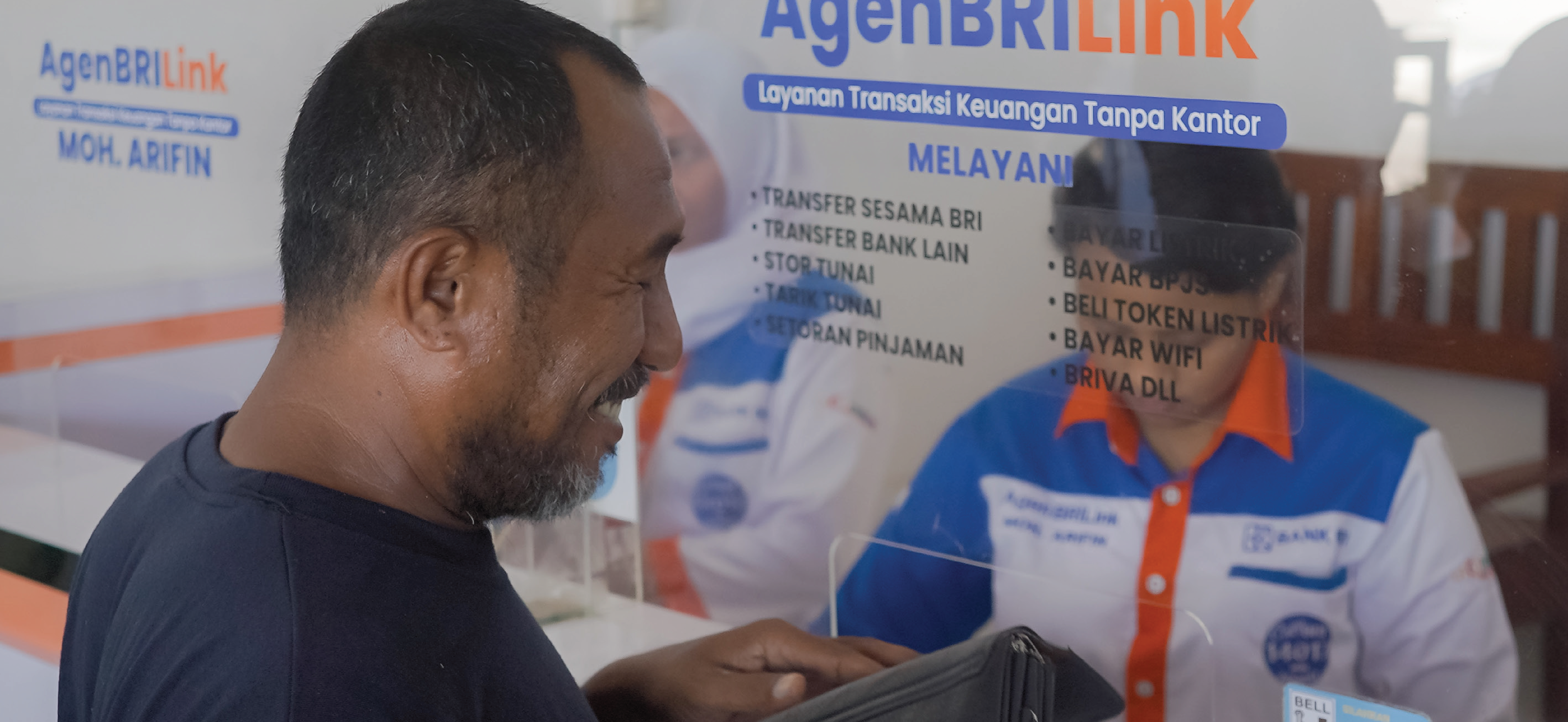Manoj Nayak

Manoj Nayak
ManagerManoj is a Manager in MSC’s Country Program Development, Indonesia Domain.
He is a financial inclusion consultant with more than nine years of experience providing technical advice to government and nongovernment agencies, financial regulators, and financial service providers in Cambodia, India, Indonesia, Lao PDR, Myanmar, the Philippines, and Qatar. His areas of expertise include financial inclusion strategy and development, digital financial services, agent (CICO) networks, MSME finance and development, digital economy, and consumer protection. He leads MSC’s efforts on the Future of Work.
Posts by Manoj Nayak
 Publication
Publication
Manoj Nayak, Nadia Fairuza Azzahra, Putu Monica Christy and Rhifa Ayudhia
Women’s informal employment in the digital economy: The Future of Work research
 Blog
Blog
Singgih Pangestu and Manoj Nayak
Thriving amid change: Agents in Indonesia’s evolving digital financial services landscape – Part 2
 Publication
Publication
Raunak Kapoor, Manoj Nayak, Sneha Sampath, Singgih Pangestu and Bianda Kanani
State of the agent network in Indonesia: Agent Network Accelerator (ANA) Research – 2023
 Blog
Blog
Singgih Pangestu and Manoj Nayak
Thriving amid changes: Agents in Indonesia’s evolving digital financial services landscape
 Blog
Blog
Manoj Nayak, Rhifa Ayudhia and Lenny Nurharyanti Rosalin
Transitioning the informal economy to a formal one
 Blog
Blog
Manoj Nayak, Rhifa Ayudhia and Lenny Nurharyanti Rosalin